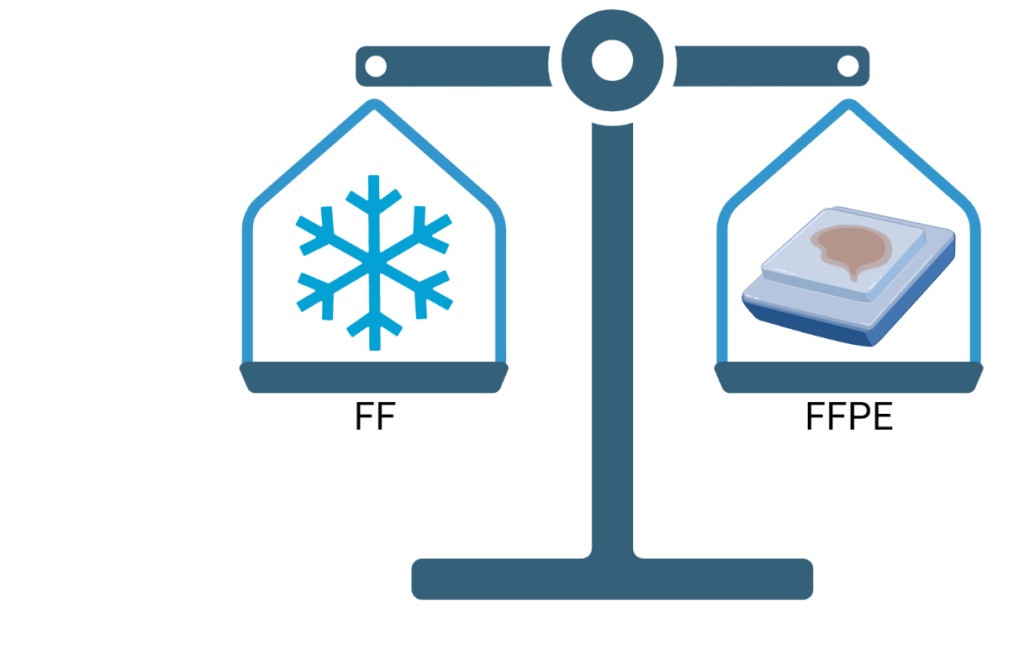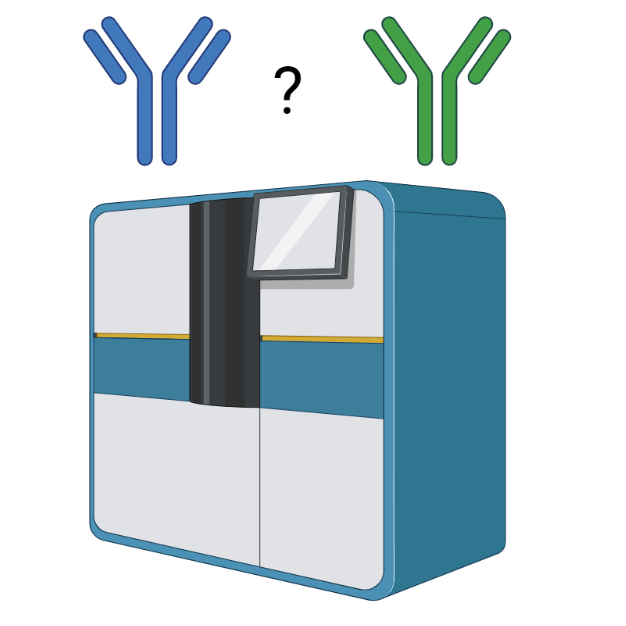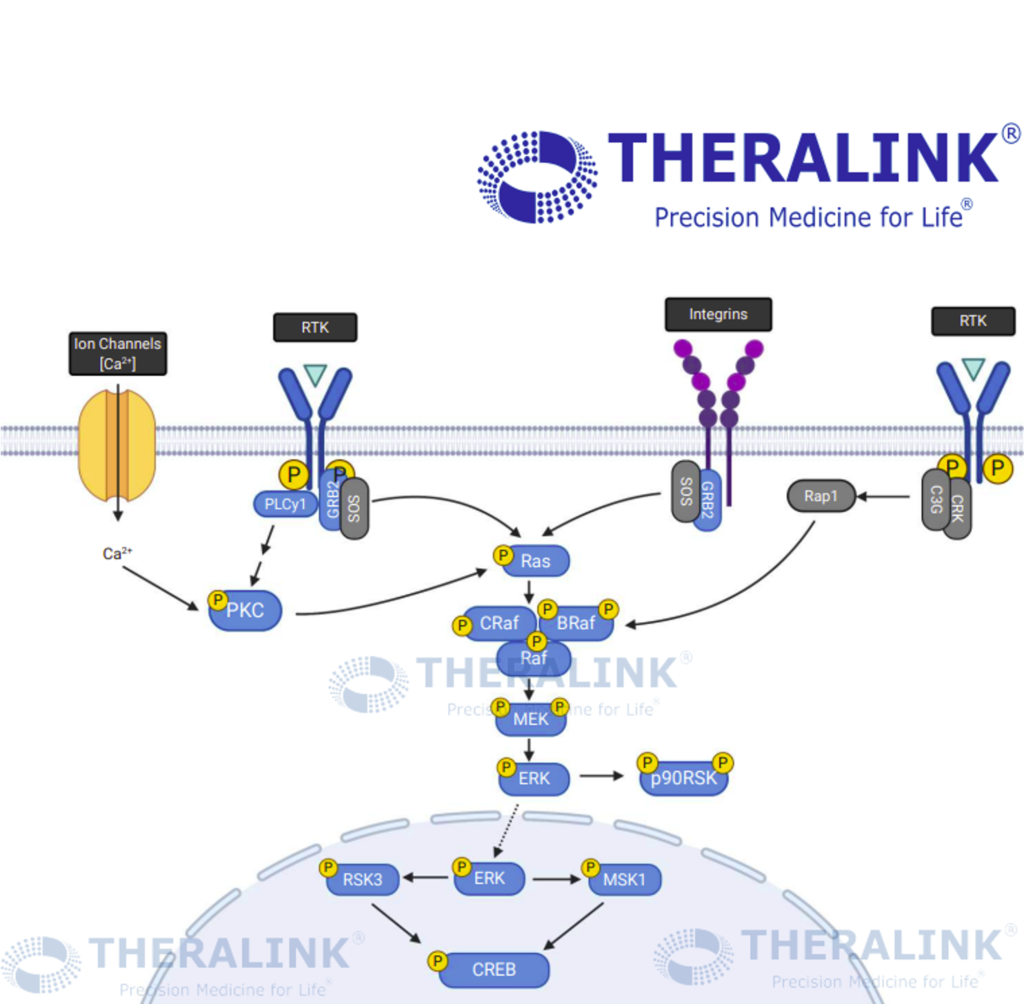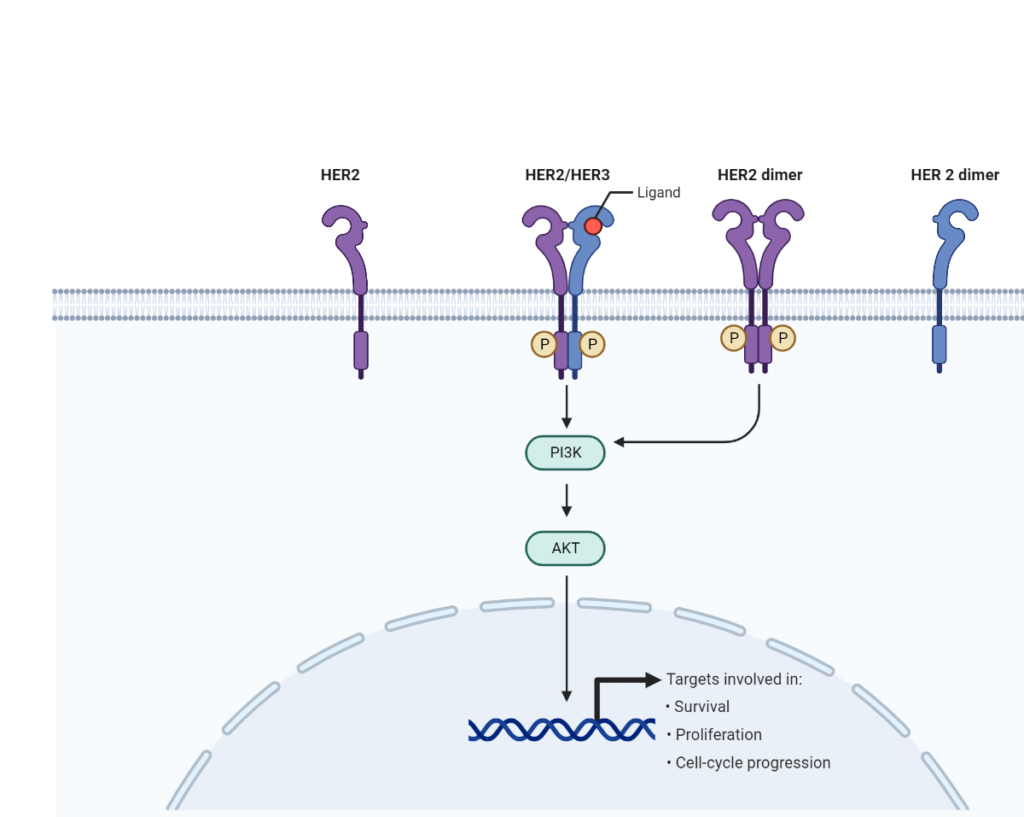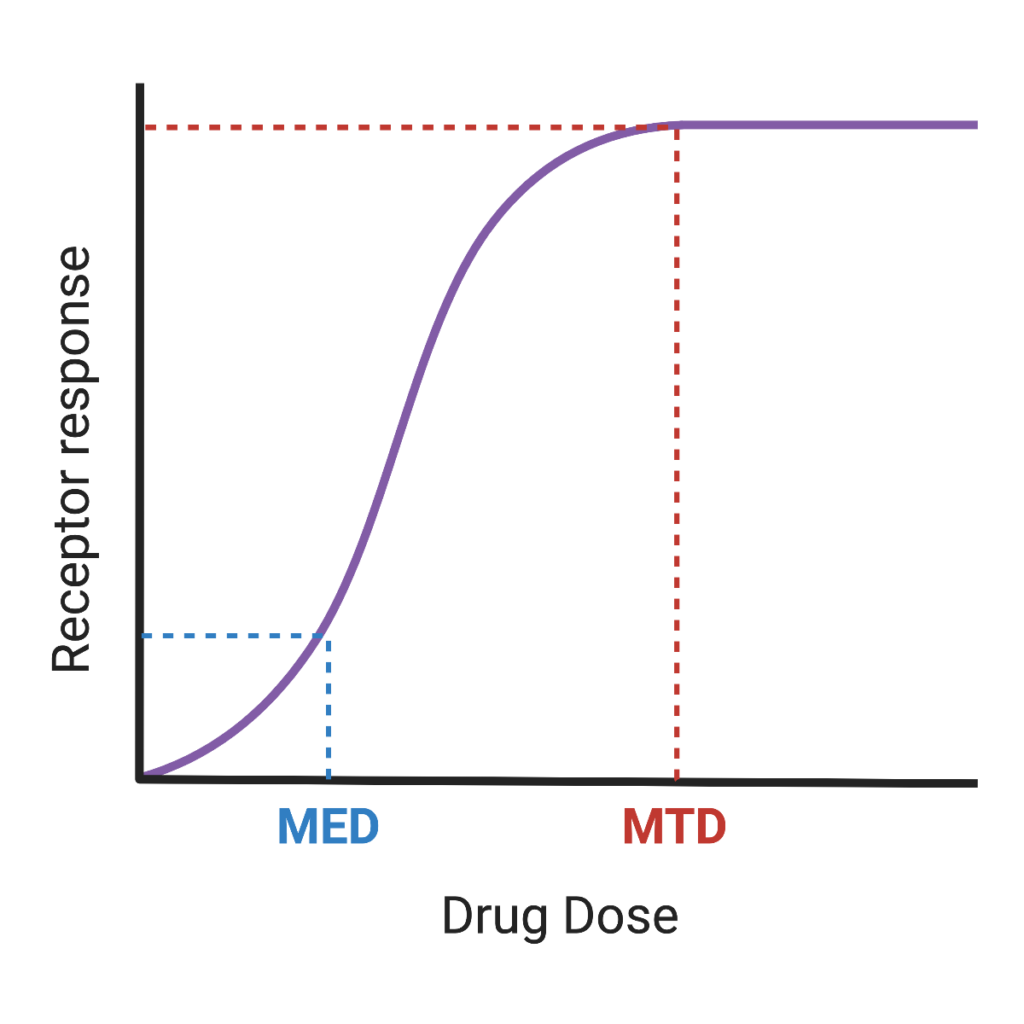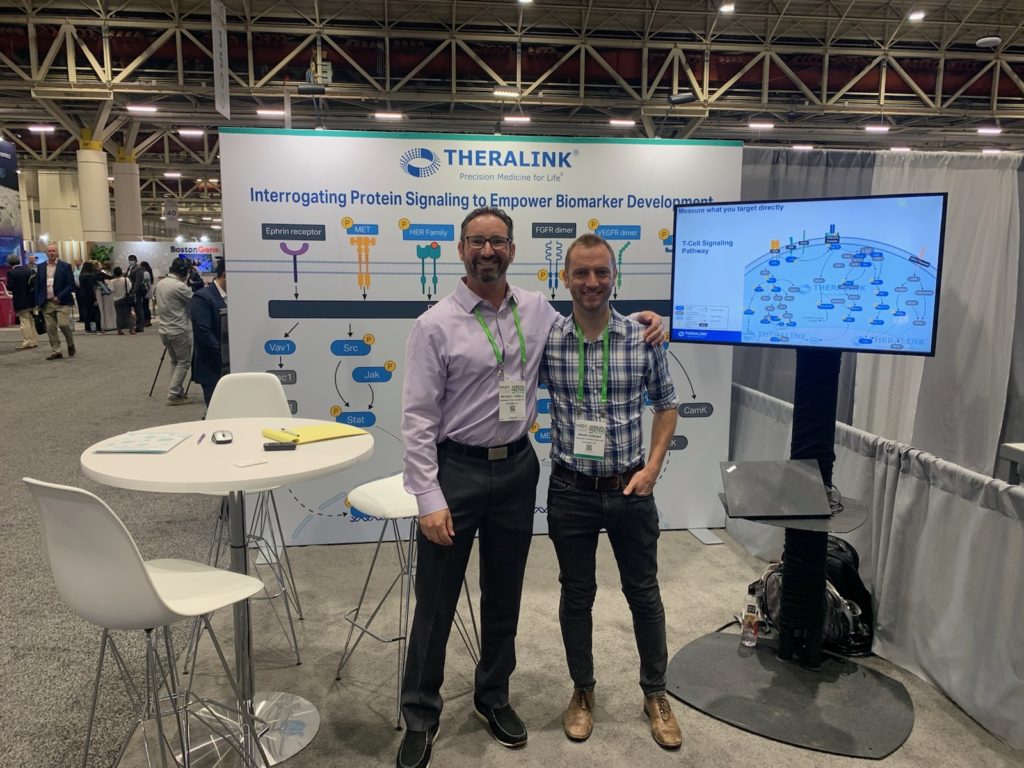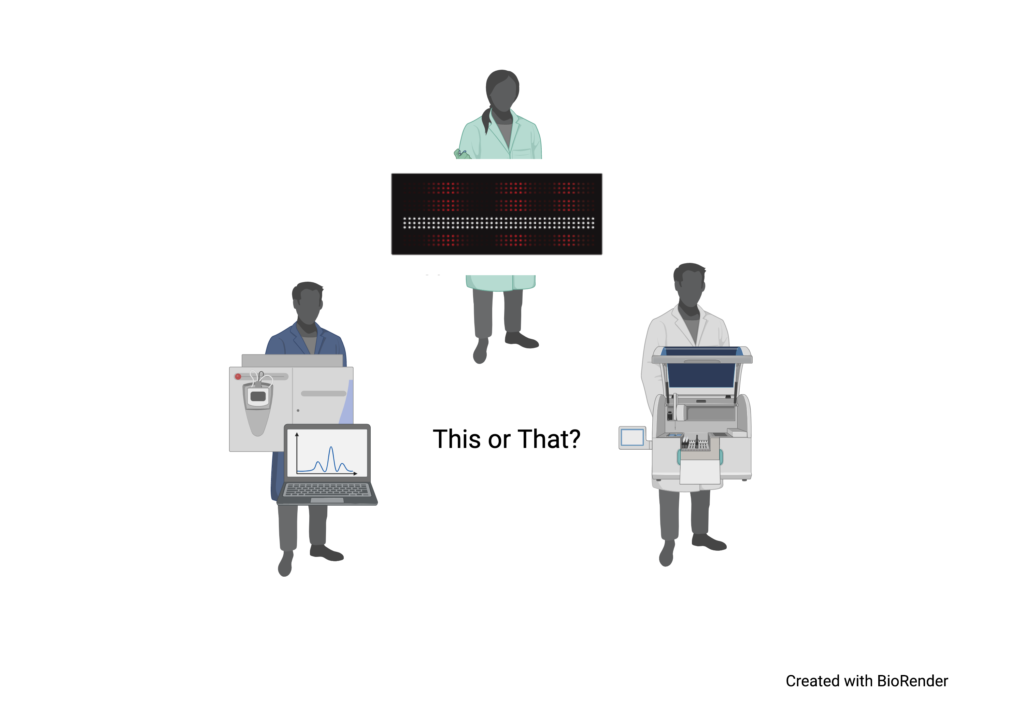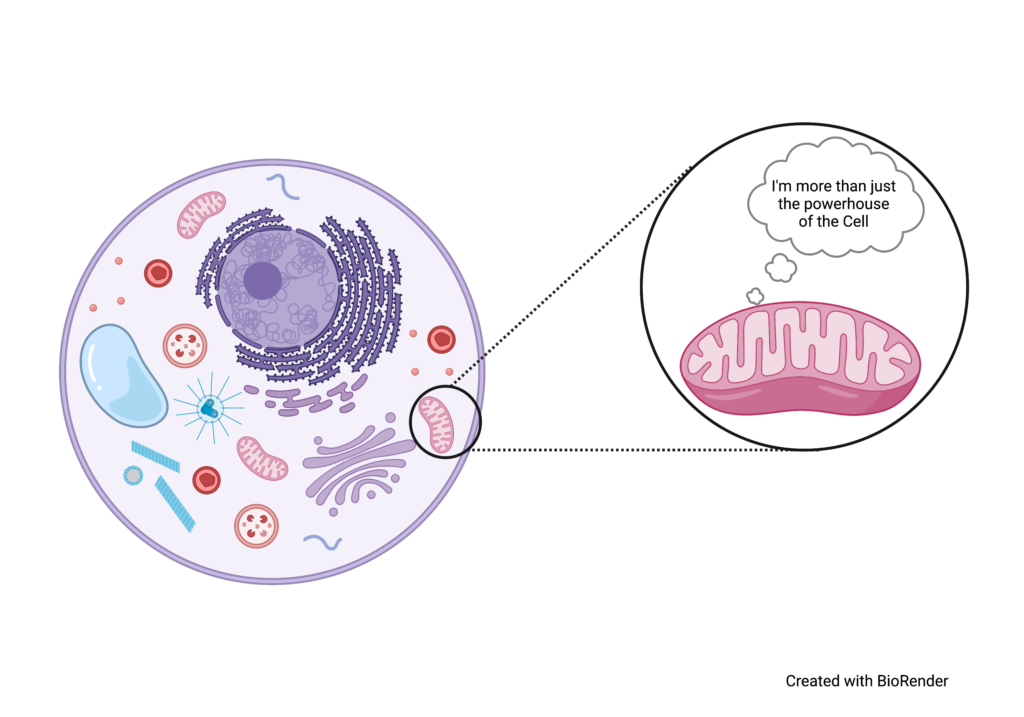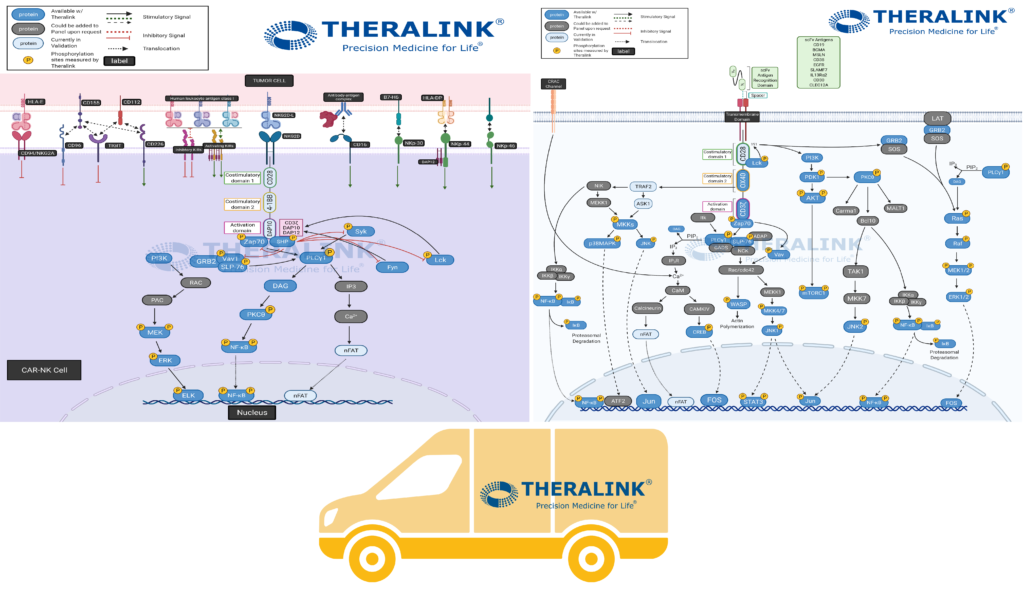Latest Blog Entries
To Freeze or Fix: Deciding between fresh-frozen or formalin-fixed paraffin embedded sample preservation
During experimental design talks with customers, we often hear the question, “should we fresh freeze or formalin-fix our samples?”. The decision to use fresh-frozen (FF) samples versus using a formalin-fixed paraffin embedded (FFPE) protocol is one that needs to be made early on and can result in headaches downstream if not carefully considered. Today, we’ll … Continue reading To Freeze or Fix: Deciding between fresh-frozen or formalin-fixed paraffin embedded sample preservation
Employee Spotlight: Katie Schultz, Research Specialist
Employee Spotlight takes a peek behind the scenes to showcase the wide range of talent that makes up the Theralink team. Get an inside look at a career in biopharma and the people who are working tirelessly to bring industry-transforming proteomic technology to precision medicine. Today we meet with Katie Schultz! Where are you from, … Continue reading Employee Spotlight: Katie Schultz, Research Specialist
Research Highlight: Antibody Validation and Quality Control
Flexibility is our middle name when it comes to antibody selection! At Theralink, we pride ourselves on our extensive selection of over 700 antibodies, allowing customers to study a wide range of protein pathways. So far, we have tested antibodies involved pathways such as JAK-STAT, NF-kB, DNA damage response, B-cell receptor signaling, and more. When … Continue reading Research Highlight: Antibody Validation and Quality Control
Research Highlight: RPPA gives a deep look at response to new combination therapy
BioMed Valley Discoveries recently shared their latest findings at AACR 2022 regarding combining ulixertinib (ERK1/2 inhibitor) and CDK4/6 inhibitors to treat MAPK pathway altered tumors. As part of this work, Theralink’s RPPA technology was used to understand how administration of the first-in-class small molecule inhibitor of ERK1/2, ulixertinib (BVD-523), combined with the CDK4/6 inhibitor palbociclib, … Continue reading Research Highlight: RPPA gives a deep look at response to new combination therapy
RPPA: Detecting Protein Phosphorylation When IHC Just Doesn’t Cut It
Detecting activated biomarker signals is challenging with traditional IHC In clinical oncology, immunohistochemistry (IHC) is often used to determine the presence or absence of protein biomarkers. Clinical scientists will section and mount tumor samples, then stain using a primary antibody for the target biomarker. Because detection is done on a single section of tissue at … Continue reading RPPA: Detecting Protein Phosphorylation When IHC Just Doesn’t Cut It
Translatability: RPPA from discovery to patient care
Experiments of all shapes and sizes In biopharma translatability of data is a serious concern, as a wide variety of sample types and experimental designs are used depending on the stage of the developmental pipeline. Pre-clinical research and discovery often use cell-based or animal-based models to test potential therapeutics, as these models allow for easier … Continue reading Translatability: RPPA from discovery to patient care
Come as you are: Sample prep with RPPA
Long ago in a faraway land, identifying phosphoproteins in formalin-fixed paraffin-embedded (FFPE) tissue was really really difficult. Even the great immunohistochemistry (IHC) could not surmount this mountain. Then came a hero among heroes, Reverse Phase Protein Array (RPPA). The End. Just kidding! Well, actually not really. It is true that the reason RPPA was developed … Continue reading Come as you are: Sample prep with RPPA
MTD vs MED: A Tale of Two Dosages
Dosage is one of the key components of an effective application of therapeutic drugs in patients. Too low a dosage may lead to a poor response in the patient. However, unnecessarily high dosage is wasteful and could be toxic to the patient. Today’s blog will focus on how drug developers decide on the proper dosage. … Continue reading MTD vs MED: A Tale of Two Dosages
Reflections on the American Association for Cancer Research (AACR) 2022 Annual Meeting
Recently, after 2 years of virtual conferences and online connections, Theralink had the chance to go to the 2022 American Association for Cancer Research (AACR) annual meeting in person. We caught up with our representatives Senior Research Specialist, Brian Corgiat, and Senior Director of Biopharma Commercial operations, Michael Fanelli. What was the main goal of … Continue reading Reflections on the American Association for Cancer Research (AACR) 2022 Annual Meeting
This or That: RPPA vs Mass Spectrometry vs ELISA
Previously, we discussed how proteomics is a better measure of the pharmacodynamic effects of target inhibition in drug development. There are a few ways to analyze protein levels and function across patients samples including Mass Spectrometry, ELISA, and our specialty, Reverse Phase Protein Array (RPPA). Today we’ll be giving an overview and comparison of a … Continue reading This or That: RPPA vs Mass Spectrometry vs ELISA
“Mitochondria is the Powerhouse of the Cell”
Mitochondria is the Powerhouse of the Cell. They are also involved in many signaling pathways including cell death, innate immunity, etc.
Theralink Enhanced Vehicles – CAR-T and CAR-NK
Chimeric Antigen Receptor (CAR) therapy is the modification of a patient’s immune cells so that they target cancer cells. In the case of T-cells and CAR-T therapy, cells are taken from a patient’s blood and modified to include a special receptor (CAR receptor) that binds to a specific protein on the patient’s cancer cells. Scientists … Continue reading Theralink Enhanced Vehicles – CAR-T and CAR-NK


